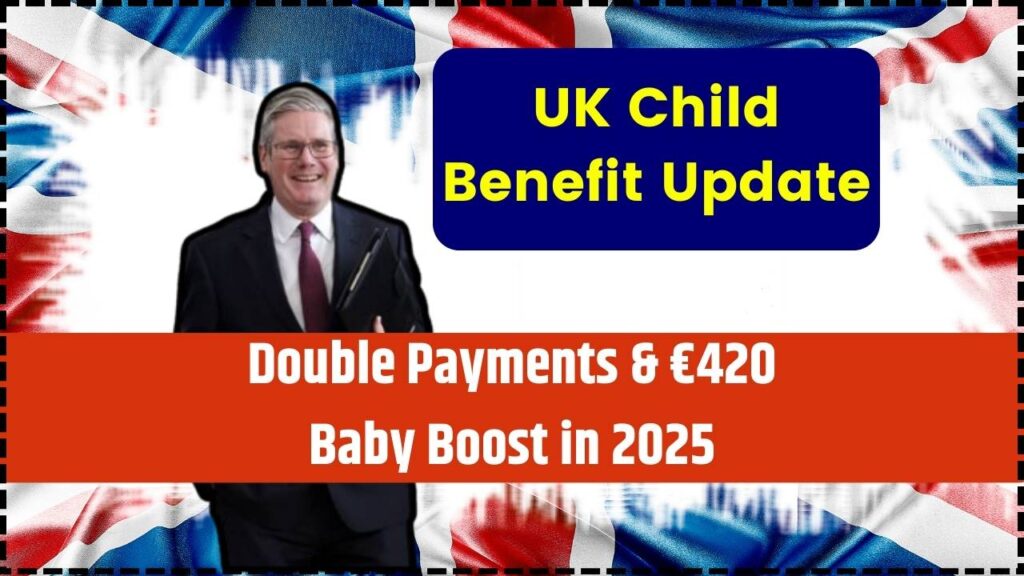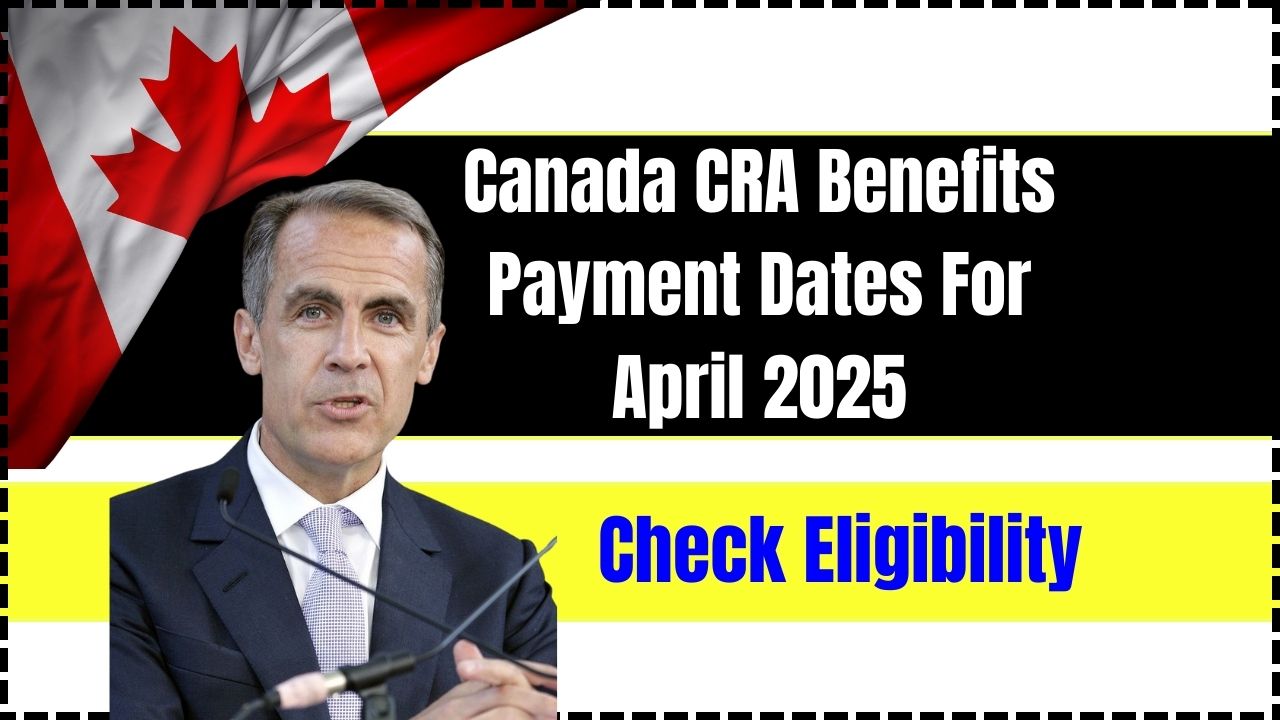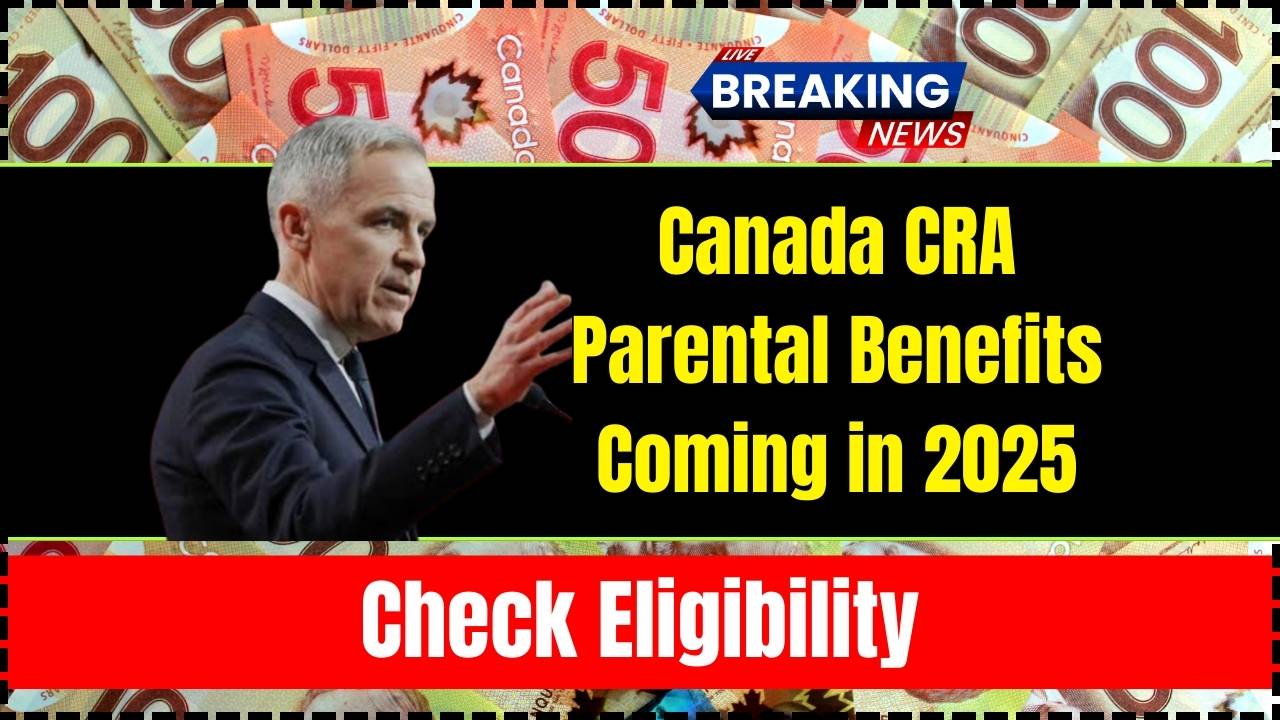UK Child Benefit Update: In 2025, both the United Kingdom and Ireland are making significant changes to their child benefit schemes. From higher weekly child benefit rates in the UK to double child benefit payments and a €420 Baby Boost in Ireland, these updates are designed to support families during a time of rising living costs. This guide will break everything down in a way that’s easy to understand, whether you’re a busy parent or a financial professional advising families. We’ll cover what’s changing, who qualifies, how to apply, and how to make the most of every penny.
UK Child Benefit Update
The 2025 Child Benefit updates reflect a wider government effort to help families cope with inflation, childcare costs, and financial planning. From double payments and baby bonuses in Ireland to increased weekly rates in the UK, now is the perfect time to review your entitlements and ensure you’re making the most of what’s available. Whether you’re a new parent or a seasoned one, these benefits can ease the financial pressure and help you plan for your child’s future.

| Country | Update | Details |
|---|---|---|
| UK | Weekly Child Benefit Increase | £26.05 (first child), £17.25 (additional children) |
| UK | Early Easter Payment | Payment due 21 April moved to 17 April |
| UK | High-Income Benefit Charge | Applies above £60,000 income |
| Ireland | Double Child Benefit | €280 per child in Nov & Dec 2025 |
| Ireland | €420 Baby Boost | One-time payment for children born after 1 Dec 2024 |
What’s Changing in the UK?
Increased Weekly Child Benefit (From April 7, 2025)
Starting April 7, 2025:
- First (or only) child: £26.05 per week
- Each additional child: £17.25 per week
This reflects a modest increase from 2024 rates and equates to £1,354.60 per year for one child, or £2,251.60 annually for two children.
These payments are usually made every four weeks and can be claimed by parents or guardians who are responsible for a child under 16, or under 20 if they’re in approved education or training.
Real-Life Example
Sophie, a single mother of two, will now receive £1,354.60 for her eldest and £897 for her youngest annually—totalling £2,251.60. That’s nearly a full month’s rent in many UK cities.
Early Easter Payment
Because Easter Monday falls on April 21, 2025, HMRC has confirmed that Child Benefit payments due that day will instead be issued on Thursday, April 17.
What is the High-Income Child Benefit Charge (HICBC)?
If you or your partner earns more than £50,000 annually, you may have to pay a tax charge. The closer you get to £60,000, the more you repay—at £60,000 and above, you effectively repay the full amount.
Should You Still Claim?
Yes! Even if you opt out of payments to avoid the tax charge, registering for Child Benefit gives you National Insurance credits. These are crucial for your future State Pension eligibility.
What’s Changing in Ireland?
Double Child Benefit in November & December 2025
Irish families will receive €280 per child instead of the usual €140 during November and December 2025. This measure was introduced in Budget 2025 to help with rising household expenses over the holiday season.
Example:
For a family with three children, this results in a €840 benefit in November and again in December—providing a significant boost during winter.
€420 “Baby Boost” for New Parents
From 1 December 2024, babies born or adopted are eligible for a €420 bonus made up of:
- €280 Newborn Support Grant
- €140 standard monthly Child Benefit
It’s a one-off payment and will be issued automatically if the child’s birth is registered within three months. Late registrants will need to manually apply using Form CB1.
Step-by-Step Guide to Claiming UK Child Benefit?
United Kingdom
- Register your child’s birth (done automatically in hospital in many areas).
- Apply online via HMRC Child Benefit Portal.
- Provide:
- Your National Insurance number
- Child’s birth certificate
- Your bank details
Applications can be backdated for up to 3 months.
Ireland
- Register the child’s birth.
- If the child is born after Dec 1, 2024, and the birth is registered within 3 months, the €420 will be paid automatically.
- For late registration or non-automatic cases, complete Form CB1.
Tips to Maximize Your Benefits
- Don’t forget National Insurance credits: Even if you earn above the HICBC threshold in the UK, register anyway.
- Plan your budget around boost months: Especially in Ireland, double payments in Nov/Dec can help offset Christmas expenses.
- Use benefits for long-term savings: Consider putting part of the payments into Junior ISAs or credit union accounts for your child’s future.
- Talk to a tax advisor: If you’re near the £50k income mark, strategic financial planning could reduce your HICBC liability.
April 2025 Benefit Boost: PIP & DLA Payments Increased – See Your New Rates Now!
New Mums: Claim Your £1,000 DWP Grant Now – No Repayment Needed!
£416 Monthly Benefit Reductions Announced by DWP in April – What It Means for Thousands of Families!
Frequently Asked Questions (FAQs)
Q1: Can both parents claim Child Benefit?
No. Only one parent or guardian can claim Child Benefit for a child at a time.
Q2: Is the €420 Baby Boost taxed?
No. It’s a non-taxable, one-off support payment.
Q3: I missed registering my child in time. Can I still get the Irish bonus?
Yes, but you’ll need to manually apply via Form CB1 and it may take longer to process.
Q4: What happens if my income goes over £60,000 mid-year?
You will need to repay a portion of the benefit in your Self Assessment tax return.
Q5: Are these payments available to non-citizens?
Yes, but eligibility depends on your residency status and whether you meet the Habitual Residence Condition (Ireland) or UK residency criteria.






